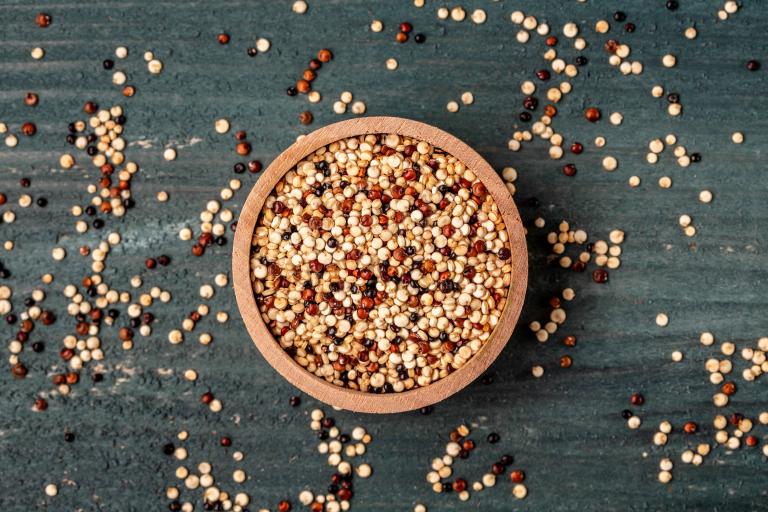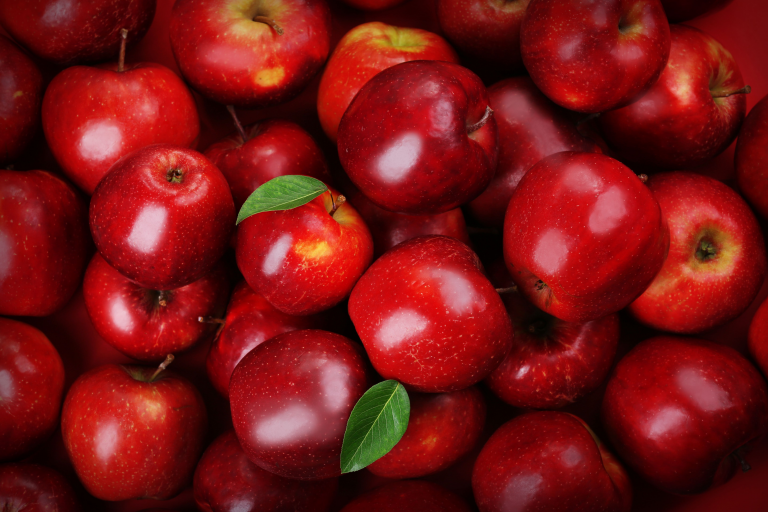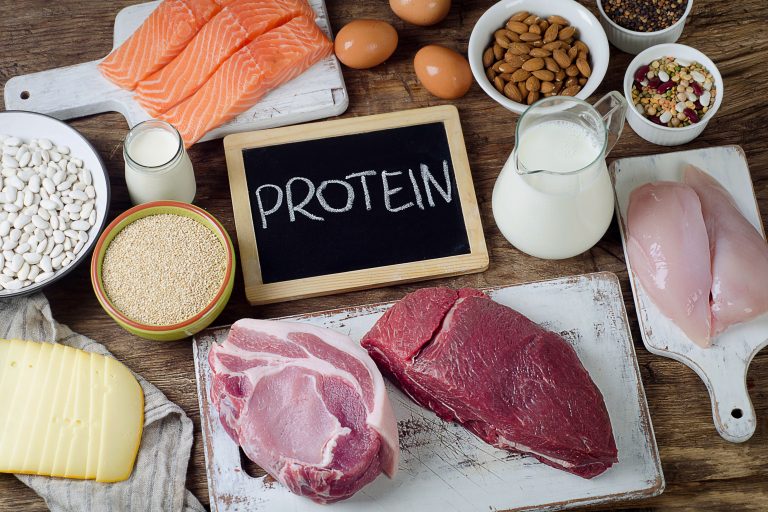10 High Protein Nuts to Include in Your Diet
Nuts are nature’s nutrient-dense treasures, offering a bounty of health benefits packed in their tiny packages. Among their myriad virtues, nuts stand out as a superb source of protein, essential for muscle repair, immune function, and overall well-being. Here, we delve into the realm of high protein nuts, showcasing their protein content and calorie density to guide your choices.
Almonds
Protein Content: 6 grams per serving
Calories: 164 calories per serving
These creamy, versatile nuts not only deliver a protein punch but also offer a healthy dose of fibre and monounsaturated fats, promoting heart health and aiding in weight management. Additionally, almonds are rich in vitamin E, an antioxidant that helps protect cells from oxidative damage, and magnesium, which supports muscle and nerve function. Almonds can be enjoyed on their own, added to salads, or used in baking for an extra nutritional boost.
Pistachios
Protein Content: 6 grams per serving
Calories: 156 calories per serving
These nuts are a rich source of protein for those seeking a satisfying, crunchy snack. Additionally, they contain beneficial nutrients like antioxidants and healthy fats, contributing to heart health and potentially reducing cholesterol levels. Pistachios also provide a good source of fibre, which aids in digestion and helps maintain a healthy gut. They are a perfect addition to trail mixes, yogurt, or as a topping for desserts.
Cashews
Protein Content: 5 grams per serving
Calories: 157 calories per serving
These nuts are not only protein powerhouses but also provide essential minerals like copper and magnesium, supporting bone health and aiding in various bodily functions. Cashews are also rich in antioxidants such as vitamin E and selenium, which help combat oxidative stress. Their creamy texture makes them a great base for vegan sauces, and they can be roasted, salted, or eaten raw as a delicious snack.
Peanuts
Protein Content: 7 grams per serving
Calories: 168 calories per serving
These affordable and widely consumed “nuts” are a favourite among many for their protein content and versatility in snacks, spreads (hello, peanut butter!), and culinary creations. Peanuts are also an excellent source of niacin and folate, which are important for brain health and blood flow. Additionally, they contain resveratrol, a type of antioxidant that has anti-inflammatory properties. Peanuts can be enjoyed boiled, roasted, or as part of a hearty stew.
Walnuts
Protein Content: 4.3 grams per serving
Calories: 185 calories per serving
They are slightly lower in protein but compensate with high omega-3 fatty acids, benefiting heart health and cognitive function. Walnuts are also rich in antioxidants, including polyphenols, which help fight oxidative stress and inflammation. Their unique texture and flavour make them an excellent addition to baked goods, salads, or as a topping for oatmeal and yogurt.
Pecans
Protein Content: 2.6 grams per serving
Calories: 196 calories per serving
Despite their lower protein content, pecans contain a range of vitamins and minerals, such as vitamin E and manganese, contributing to antioxidant defences and supporting bone health. Pecans are also high in monounsaturated fats, which are beneficial for heart health. Their buttery flavour makes them a popular choice for desserts like pecan pie, but they can also be used in savoury dishes like stuffing or as a salad topping.
Brazil Nuts
Protein Content: 4 grams per serving
Calories: 182 calories per serving
More significantly, these nuts are among the richest sources of selenium, essential for thyroid function and overall immune health. Just one Brazil nut can provide your daily recommended intake of selenium. They also contain magnesium, copper, and zinc, which support various bodily functions. Brazil nuts can be enjoyed on their own or chopped and added to granola or trail mix.
Hazelnuts
Protein Content: 4.2 grams per serving
Calories: 178 calories per serving
They provide not only protein but also ample amounts of vitamin E and healthy fats, promoting skin health and reducing inflammation. Hazelnuts are also a good source of folate, which is important for DNA synthesis and repair. Their rich, nutty flavour makes them a popular choice for baking, especially in chocolate spreads and pralines, or they can be enjoyed roasted as a snack.
Macadamia Nuts
Protein Content: 2.2 grams per serving
Calories: 204 calories per serving
Despite being lower in protein, they offer monounsaturated fats and trace minerals like manganese and thiamine, contributing to metabolic health and energy production. Macadamia nuts are also a good source of antioxidants like vitamin E and flavonoids, which help fight inflammation and oxidative stress. Their creamy texture and buttery flavour make them a luxurious addition to both sweet and savoury dishes, from cookies to salads.
Pine Nuts
Protein Content: 3.9 grams per serving
Calories: 191 calories per serving
These nuts are also rich in essential nutrients like vitamin K and zinc, supporting bone health and immune function. Pine nuts contain pinolenic acid, which may help suppress appetite. They are a staple in Mediterranean and Middle Eastern cuisines and are often used in pesto, salads, and as a garnish for meats and vegetables.
Conclusion
Understanding the protein content and calorie density of these nuts aids in making informed dietary choices. While protein is crucial, it’s essential to consider the overall nutritional composition and serving sizes to create a balanced diet. Incorporating a variety of nuts into your meals and snacks not only ensures a diverse nutrient intake but also adds flavour and texture to your culinary adventures.
In conclusion, when integrating nuts into your diet, moderation is key due to their calorie density. Nevertheless, these high protein nuts can be a valuable addition to vegetarian or vegan diets, providing an alternative source of protein and essential nutrients. Nuts stand tall as an excellent source of plant-based protein, and the ones highlighted here – almonds, pistachios, cashews, peanuts, and walnuts – offer substantial protein content alongside various health benefits. Embracing these protein powerhouses in your diet can elevate both your nutrition and taste experiences, contributing to a healthier and more enjoyable lifestyle
For more information on high-protein breads, check out our article on the best bread options to boost your protein intake.
Dive into our comprehensive guide on the best high-protein meats to include in your diet for a protein boost.
Discover our article on high-protein beans to learn how to incorporate these plant-based protein powerhouses into your meals.
Explore our article on high-protein fish and seafood options to add variety and protein to your diet.








